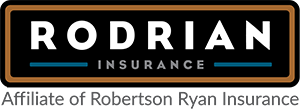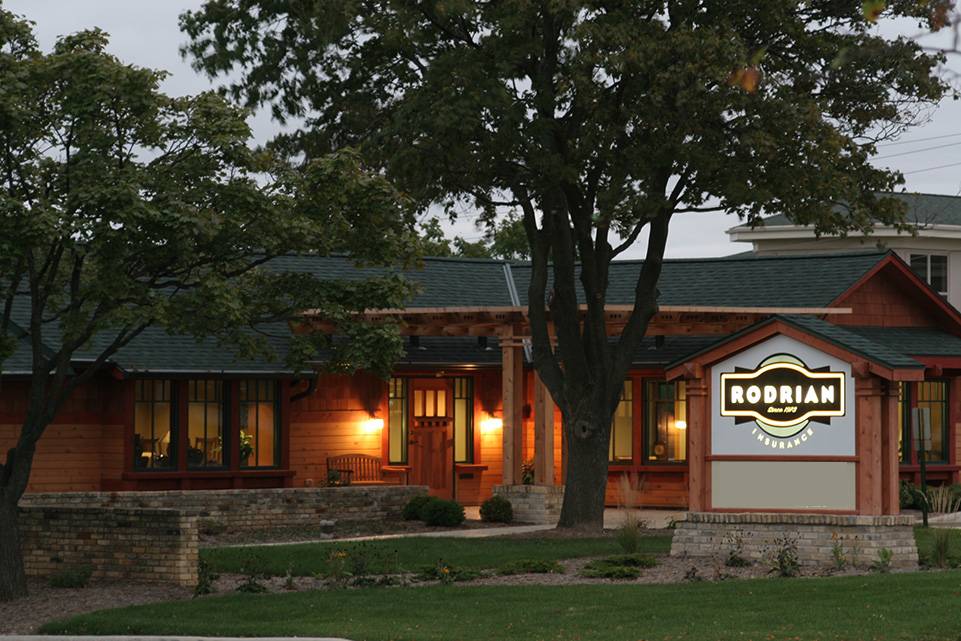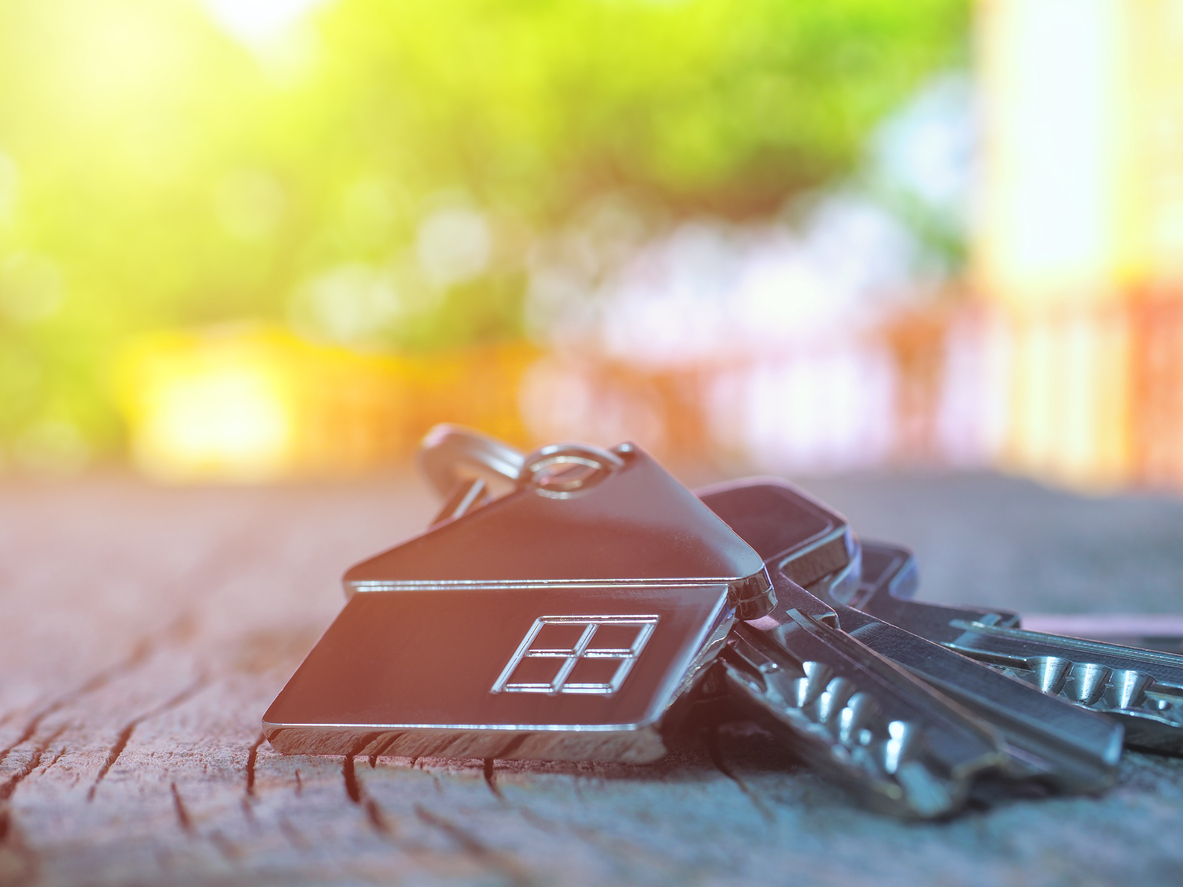Your home might not be for sale in the market for long or listed for quite some time, but how do you make sure that when an offer comes, it’s the right one? Before you decide whether to accept an offer, you should weigh many factors, in addition to the price.
Are you receiving multiple offers? What criteria should we use to differentiate offer A from offer B? What’s the easiest way? What would benefit you in the long run? Your first reaction would likely be to go with the highest-priced offer, but pausing to think about your priorities about selling your home would do you a lot of good.
We discuss in this article the things one must look at before accepting or rejecting an offer for your home.
Factors to Consider Before Accepting an Offer
There are several factors to consider before accepting or rejecting a home offer. Every homeowner/seller has different priorities, but the following are great to begin with as criteria.
The good faith deposit
Now, this is a decent way of gauging how interested a buyer is in your home. Also known as the earnest money deposit, a buyer’s good faith deposit is the amount of cash they’ll pay when signing the sales agreement to demonstrate how serious (or “earnest”) they are about buying your home.
An average of 1% to 3% of a home’s final cost is put into this fund as a buffer if a buyer does not want to move forward with the transaction. It is more like a payment for the time and effort the seller/owner spent with the buyer. An earnest money deposit that’s high usually shows that the buyer is particularly interested in the house; it helps to hook you, the seller, into closing the deal.
Your Priorities/Contingencies vs. the Buyer’s
Before anything else, you must identify what is essential for you at this moment. Some things are non-negotiable for both parties, like home insurance, which mortgage lenders often require.
Also called contingencies, these conditions must be fulfilled to make the sale successful. It’s good to talk it out with your buyer so that you’ll find common ground. Both of you are entitled to stop pushing through the transaction if your contingencies are not met.
Fewer contingencies often mean that the closing deal and final sale are at hand way earlier.
For example, you might want to sell the house and move before summer. Or the buyer wants a specific part renovated before closing the deal.
The Down Payment
How much can the buyer pay for a down payment? A higher down payment usually means that the potential buyer wants to close the deal at the earliest possible time. As with the EMD, a larger amount for the down payment indicates that the buyer is genuinely dedicated to purchasing the home.
Bigger down payments mean faster closing of transactions and faster mortgage approval. This kind of transaction is what you and your buyer are essentially targeting. Their ability to give a more significant down payment foreshadows their capability to continue the mortgage and get you paid, unlike a buyer who goes for the lowest downpayment possible because it is all that they can afford at the moment.
The Cash Offer
The all-cash offer seals the deal in quite a lot of home transactions. Why? Simply because it’s the quickest way to close a deal. The wait time to complete the transaction is shorter, as the buyer has his finances readily available without the need for financing approval (or maybe a cash loan has been approved so that they could purchase the house in total amount).
The Settlement
How long the settlement or the final, official closing of the deal depends on the owner’s needs and the buyer’s capability to pay. A short one is great, one that ranges from 30-6- days from offer acceptance down to closing the deal. Any longer, it would present problems, especially if the seller needs to have the amount for some other time-bounded activity (like moving to another city before school starts, etc.).
Conclusion
If you’re involved in the real estate game and in the middle of a transaction, it can feel as if nothing else matters but the price. You have to remember, though, that home offers need to fulfill your conditions as a seller before you accept them, too.
Often, the seller accepts a higher offer than what they would like to, out of fear that they might not be able to meet the deadline for their mortgage or need to sell immediately, and for whatever reason, they will have to accept what is offered to them. However, as a seller, you must figure out which offer makes you and the buyer meet halfway with your goals.
About Rodrian Insurance, Affiliate of Robertson Ryan Insurance
Rodrian Insurance, Affiliate of Robertson Ryan Insurance specializes in giving you insurance solutions that perfectly match your business and personal life. We provide insurance options that offer excellent coverage while remaining within your budget, based on a thorough understanding and assessment of your needs, circumstances, and financial capability. Find out more about how Rodrian Insurance, Affiliate of Robertson Ryan Insurance can fulfill your insurance needs. Call or text us at 262-781-4750.or email us at info@rodrian.com.



